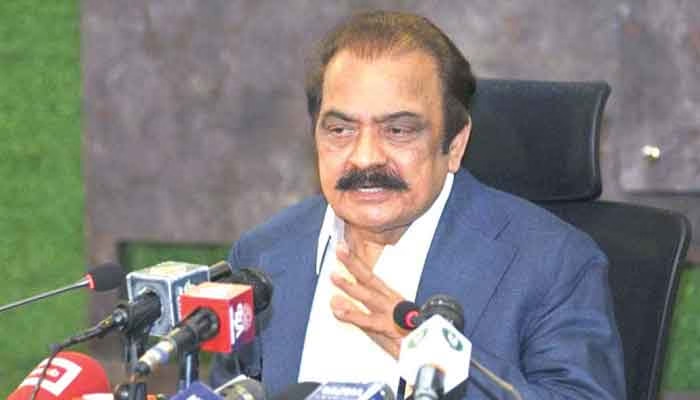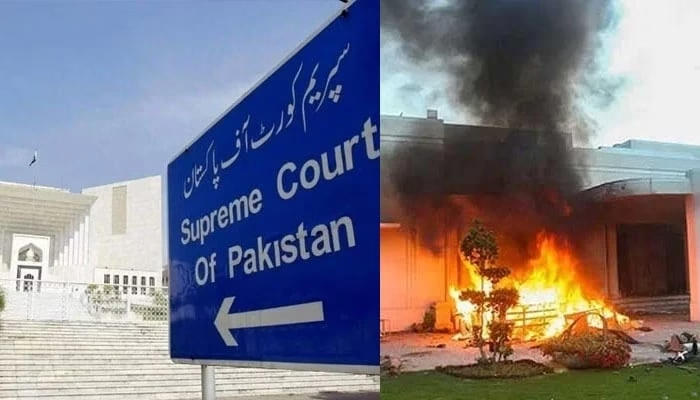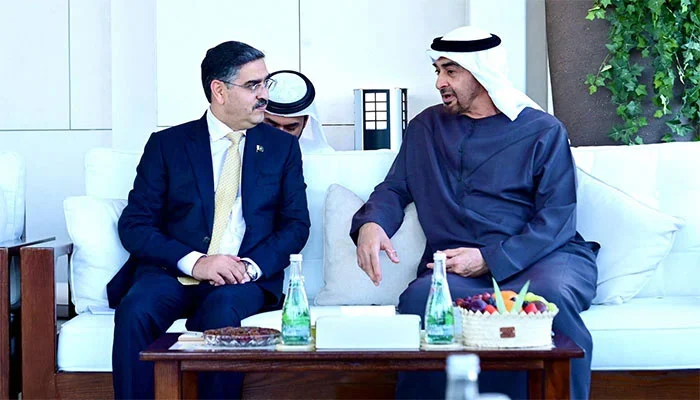In a politically charged atmosphere, Special Assistant to the Prime Minister on Political Affairs and Federal Minister for Parliamentary Affairs, Rana Sanaullah, has categorically stated that the government has not made any offer to release former Prime Minister Imran Khan. Speaking on Geo News’ morning show Geo Pakistan, Rana Sanaullah emphasized the importance of dialogue while addressing various pressing political issues.
Government’s Stance on Negotiations with PTI
Rana Sanaullah clarified that while the Pakistan Muslim League-Nawaz (PML-N) has consistently supported dialogue, the Pakistan Tehreek-e-Insaf (PTI) has yet to extend a formal message for negotiations. He reiterated that the government remains open to discussions, saying, “If a message comes from PTI, we will not refuse.”
The minister pointed out that even during their time in opposition, the PML-N had proposed the Charter of Democracy to promote political stability. However, the PTI’s reluctance to engage in meaningful dialogue has complicated efforts to resolve the political impasse.
Condemning the Events of May 9
One of the key points of contention highlighted by Rana Sanaullah was the PTI’s failure to condemn the violent events of May 9, when military installations and private homes were attacked during protests.
He questioned PTI’s stance, stating, “Why don’t they condemn the events of May 9 and admit they made a mistake? Instead, they continue to deny involvement, which only deepens mistrust.”
The minister stressed the importance of accountability and acknowledgment of mistakes as prerequisites for constructive dialogue. He added that the government had previously reached out to PTI before their final protest call, requesting them to relocate their demonstration from the sensitive Red Zone. However, PTI refused to cooperate, escalating tensions further.
Madrasa Registration Bill: A Resolvable Issue
Rana Sanaullah also addressed the contentious Madrasa Registration Bill, which has sparked resistance from religious groups, including Jamiat Ulema-e-Islam-Fazl (JUI-F) leader Maulana Fazlur Rehman. The minister revealed that the government had initially assured support for the bill during discussions on the 26th Amendment but faced opposition from another political party later.
In his view, the registration of madrasas under the Society Act or the Ministry of Education is not a significant issue. “There is no sign of a deadlock on this matter. The madrasa registration issue can be resolved through mutual dialogue,” he remarked, signaling optimism for a peaceful resolution.
PTI’s Perspective: PML-N Avoiding Talks
On the other hand, PTI leader Shaukat Yousafzai accused the government of avoiding negotiations. Speaking on the same program, Yousafzai said, “While PTI is open to talks, the PML-N does not want dialogue under any circumstances.”
He criticized the government for its alleged arrogance and urged it to prioritize the nation’s interests over political rivalry. “If negotiations are being held for the sake of the country, then they should proceed without delay,” he added.
The Road Ahead for Political Dialogue
The political deadlock between the ruling coalition and the PTI continues to create uncertainty. The government’s willingness to engage in dialogue contrasts with PTI’s accusations of arrogance and evasion. Both sides have critical issues to address, including accountability for past actions and mutual assurances for future cooperation.
For a breakthrough to occur, trust-building measures and a clear framework for dialogue are essential. Acknowledging mistakes, such as the events of May 9, and demonstrating genuine commitment to resolving contentious issues like the Madrasa Registration Bill, could pave the way for meaningful negotiations.
Rana Sanaullah’s statements underline the government’s openness to dialogue but also highlight significant barriers, such as PTI’s reluctance to admit past mistakes and the ongoing mistrust between the two parties. Similarly, PTI’s claims of government arrogance reflect the deep-rooted divisions that hinder progress.
Resolving these issues requires both parties to set aside political egos and focus on the broader national interest. Whether it’s addressing the fallout from May 9, finalizing the Madrasa Registration Bill, or creating a roadmap for future cooperation, constructive dialogue remains the only viable path forward for political stability in Pakistan.



